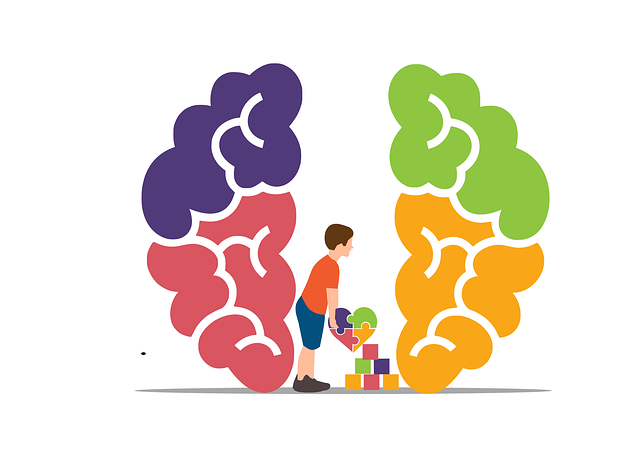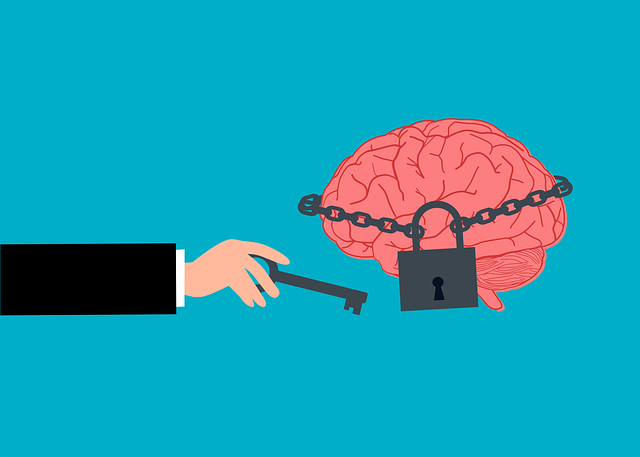Therapy is a vital tool for elders and individuals exploring their gender identity to navigate complex emotions of loss, grief, and bereavement. Culturally sensitive practices and tailored coping strategies are essential in counseling these demographics, addressing unique challenges rooted in life experiences and cultural backgrounds. Conflict resolution techniques, trauma support services, and inclusive environments empower clients to express emotions healthily, fostering resilience and peace through professional guidance and supportive communities.
Loss, grief, and bereavement are universal experiences that can profoundly impact an individual’s well-being. This comprehensive guide explores these complex emotions, offering insights into effective counseling strategies. From understanding the unique challenges faced by elders in grief to examining the influence of gender identity on the grieving process, we delve into tailored therapeutic approaches. Additionally, we highlight resources and support systems crucial for navigating loss, emphasizing the importance of sensitive, evidence-based therapy, especially for vulnerable populations like elders and those with diverse gender identities.
- Understanding Loss, Grief, and Bereavement: A Comprehensive Overview
- The Unique Needs of Elders in Grief Counseling
- Gender Identity and Its Impact on Grief: Exploring Sensitivity in Therapy
- Effective Therapy Techniques for Navigating Loss and Bereavement
- Resources and Support Systems for Those Coping with Grief
Understanding Loss, Grief, and Bereavement: A Comprehensive Overview

Understanding loss, grief, and bereavement is a complex process that involves recognizing and processing deep emotions following the death of a loved one. It transcends age, impacting individuals across the lifespan, including elders and those exploring their gender identity. The experience of grief is unique to each person, shaped by personal history, relationships, cultural beliefs, and coping mechanisms.
While some may exhibit distinct stages of grief, others may not follow a linear path. This variability necessitates a nuanced approach in therapy for elders and individuals navigating gender identity, tailoring support to meet their specific needs. Effective counseling involves creating a safe space for expression, encouraging reflection on memories, and helping individuals integrate their feelings into their lives while fostering resilience and anxiety relief. Mind over matter principles can empower clients to construct healthy coping strategies, thereby enhancing their ability to manage difficult emotions and engage in risk management planning for mental health professionals.
The Unique Needs of Elders in Grief Counseling

Elders often have unique needs when it comes to grief counseling. As life experiences and perspectives differ across generations, so do their approaches to coping with loss. For instance, cultural and societal norms that shaped their lives may influence how they express grief. Therefore, therapists must be sensitive to these differences in order to provide effective therapy for elders.
In addition to cultural considerations, the design of mental health education programs should address specific challenges faced by this demographic. Elders might require tailored coping skills development, focusing on positive thinking and resilience-building strategies that resonate with their life experiences. Incorporating these aspects into counseling sessions can enhance their ability to navigate the complex process of bereavement, fostering a sense of peace and acceptance.
Gender Identity and Its Impact on Grief: Exploring Sensitivity in Therapy

Grief is a deeply personal experience, and for individuals with diverse gender identities, it can manifest uniquely. In therapy settings, particularly when catering to elders, healthcare providers must approach grief counseling with sensitivity to gender identity issues. This is crucial in ensuring that every client receives tailored support. For instance, transgender or non-binary clients may have different coping mechanisms and expressions of loss compared to their cisgender peers. A competent therapist should be able to create a safe space, acknowledging and respecting these differences.
Integrating cultural competency training for healthcare providers can significantly enhance therapy outcomes. This includes understanding the impact of gender identity on grief processes and incorporating relevant techniques from communities with diverse practices. Community outreach programs focused on mental health awareness can also contribute to reducing the stigma around discussing gender identity in therapy. Additionally, mindfulness meditation, as a therapeutic tool, has shown promise in helping individuals navigate complex emotions associated with loss, regardless of their gender identity.
Effective Therapy Techniques for Navigating Loss and Bereavement

Navigating loss and bereavement can be a complex process, but therapists employ various effective therapy techniques to support individuals through this challenging time. One approach that has shown success is integrating conflict resolution techniques into counseling sessions. By helping clients identify and express their emotions, therapists facilitate healthy communication about the loss, fostering a sense of understanding and acceptance. This is particularly beneficial for elders who may face additional barriers to expressing grief due to societal norms or cultural expectations.
Additionally, trauma support services play a crucial role in addressing the profound emotional impact of loss. Counselors can utilize specialized techniques tailored to help individuals process traumatic losses, ensuring they receive the care necessary for healing. In line with this, risk management planning for mental health professionals is essential to ensure therapists are equipped to handle sensitive cases and provide safe, effective support. This includes understanding the unique challenges related to gender identity and integrating inclusive practices in counseling environments.
Resources and Support Systems for Those Coping with Grief

Coping with grief can be a challenging journey, but there are numerous resources and support systems available to help individuals navigate through this difficult process. One essential aspect is seeking professional guidance from therapists or counselors who specialize in bereavement. These professionals offer therapy for elders and individuals of all ages, providing a safe space to express emotions and share stories. Many counseling services cater to diverse populations, including those exploring themes of gender identity, ensuring that everyone has access to tailored support.
In addition to traditional therapy, engaging in self-awareness exercises can be empowering. These practices encourage individuals to reflect on their feelings, thoughts, and experiences, fostering a deeper understanding of themselves. Furthermore, building a strong support network is vital. Joining support groups or reaching out to friends and family can provide comfort and practical assistance during the grieving process. Communication strategies, such as active listening and open dialogue, also play a significant role in helping individuals express their emotions and connect with others.
In conclusion, addressing loss, grief, and bereavement requires a nuanced approach that considers both individual experiences and diverse factors like age and gender identity. Understanding these complexities equips therapists with the tools to provide effective therapy, tailored to each client’s unique needs, whether they are elders or individuals navigating non-binary gender identities. By leveraging sensitive techniques and fostering supportive environments, we can enhance healing processes, ensuring those coping with loss find solace and build resilience.








